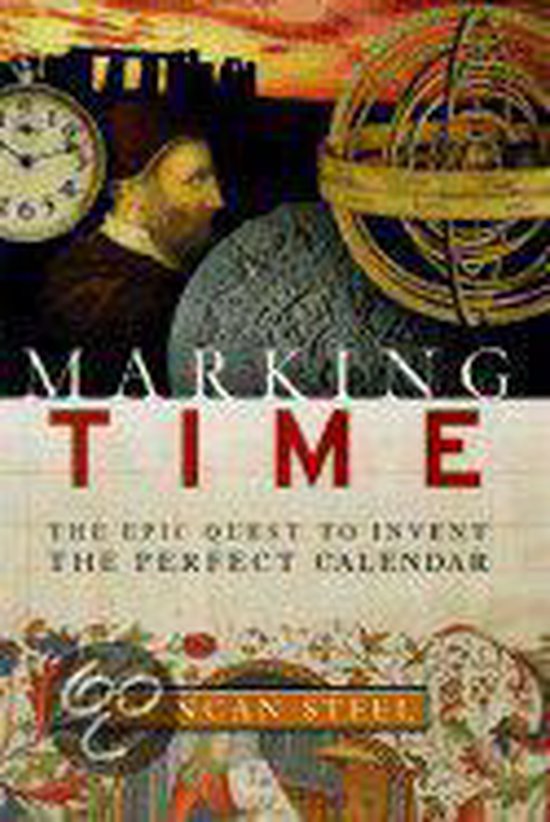
Marking Time
''If you lie awake worrying about the overnight transition from December 31, 1 b.c., to January 1, a.d. 1 (there is no year zero), then you will enjoy Duncan Steel?s Marking Time.''??American Scientis
''No book could serve as a better guide to the cumulative invention that defines the imaginary threshold to the new millennium.''??Booklis
A Fascinating March through History and the Evolution of the Modern-Day Calendar . .
In this vivid, fast-moving narrative, you?ll discover the surprising story of how our modern calendar came about and how it has changed dramatically through the years. Acclaimed author Duncan Steel explores each major step in creating the current calendar along with the many different systems for defining the number of days in a week, the length of a month, and the number of days in a year. From the definition of the lunar month by Meton of Athens in 432 b.c. to the roles played by Julius Caesar, William the Conqueror, and Isaac Newton to present-day proposals to reform our calendar, this entertaining read also presents ''timely'' tidbits that will take you across the full span of recorded history. Find out how and why comets have been used as clocks, why there is no year zero between 1 b.c. and a.d. 1, and why for centuries Britain and its colonies rang in the New Year on March 25th. Marking Time will leave you with a sense of awe at the haphazard nature of our calendar?s development. Once you?ve read this eye-opening book, you?ll never look at the calendar the same way again
''No book could serve as a better guide to the cumulative invention that defines the imaginary threshold to the new millennium.''??Booklis
A Fascinating March through History and the Evolution of the Modern-Day Calendar . .
In this vivid, fast-moving narrative, you?ll discover the surprising story of how our modern calendar came about and how it has changed dramatically through the years. Acclaimed author Duncan Steel explores each major step in creating the current calendar along with the many different systems for defining the number of days in a week, the length of a month, and the number of days in a year. From the definition of the lunar month by Meton of Athens in 432 b.c. to the roles played by Julius Caesar, William the Conqueror, and Isaac Newton to present-day proposals to reform our calendar, this entertaining read also presents ''timely'' tidbits that will take you across the full span of recorded history. Find out how and why comets have been used as clocks, why there is no year zero between 1 b.c. and a.d. 1, and why for centuries Britain and its colonies rang in the New Year on March 25th. Marking Time will leave you with a sense of awe at the haphazard nature of our calendar?s development. Once you?ve read this eye-opening book, you?ll never look at the calendar the same way again
| Auteur | | Steel |
| Taal | | Engels |
| Type | | Paperback |
| Categorie | | Wetenschap & Natuur |